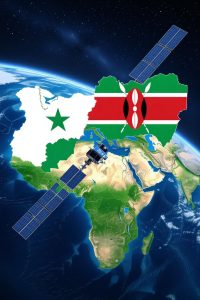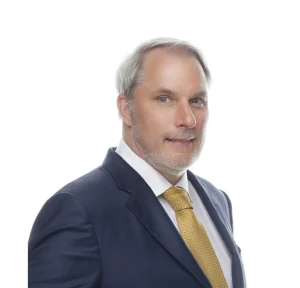Under the new framework, operators may act either as Infrastructure Operators (IOs), leasing their fiber to competitors, or as Commercial Operators (COs), offering services using other networks in areas where they lack coverage.
Morocco’s National Telecommunications Regulatory Agency (ANRT) has introduced a sweeping reform that obliges telecom operators to share their fiber optic infrastructure, a move set to transform the country’s digital landscape.
The ruling, issued on March 4 under decision DG/05/2025, lays out technical and pricing rules that require the country’s three major players—Maroc Telecom, Orange, and Inwi—to open their networks to rivals.
Under the new framework, operators may act either as Infrastructure Operators (IOs), leasing their fiber to competitors, or as Commercial Operators (COs), offering services using other networks in areas where they lack coverage. To ensure fairness, infrastructure providers must grant non-discriminatory access and publish transparent pricing, including for after-sales services. The decision also introduces automated web-based systems to streamline service requests and support between IOs and COs.
The reform aims to prevent the duplication of networks, accelerate fiber rollout, and avoid the disputes that previously hampered ADSL copper-sharing efforts. It also directly challenges the long-standing dominance of Maroc Telecom, whose market leadership has been criticized for stifling competition. The regulatory shake-up comes as Mohamed Benchaaboun takes over leadership following the departure of Abdeslam Ahizoune, who held the position for 27 years amid accusations of anti-competitive practices.
Inwi has already acted on the ruling, granting competitors access to its Fiber-to-the-Home (FTTH) network from March 13. Other operators are expected to follow suit in the coming weeks.
The decision aligns with Morocco’s Digital 2030 strategy, which aims to grow fiber-ready households from 1.5 million in 2022 to 5.6 million by 2030. Fewer than one million households currently subscribe to fiber, but planned investments of MAD 20 billion ($2 billion) are expected to rapidly increase availability.
While consumer pricing remains regulated, industry analysts anticipate gradual reductions as infrastructure is shared more widely and costs are optimized. The framework is also seen as critical groundwork for 5G deployment, with spectrum tenders expected to be announced at GITEX Africa in Marrakech next month.
By enforcing infrastructure sharing, Morocco’s telecom regulator aims to boost competition, expand connectivity nationwide, and improve affordability, while ensuring that infrastructure spending is maximized across the sector.





